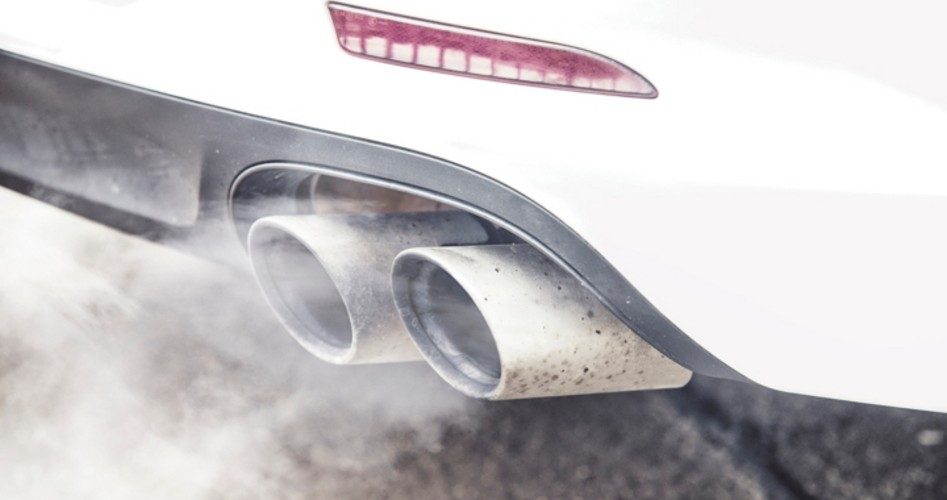
The Trump administration is preparing a proposal that will revoke the Clean Air Act waiver that the Environmental Protection Agency (EPA) granted to California in December 2012 that allowed the state to set its own standards to control emissions of various pollutants, including greenhouse gases, for passenger vehicles through 2025. Those standards may be more stringent than those imposed by the EPA.
Under the Clean Air Act, Congress preempted all state and local governments from adopting or enforcing emission standards for new motor vehicles. However, it allowed California to receive a waiver of preemption for its emission standards and enforcement procedures under Section 209(b).
The waiver was announced in a Federal Register notice signed on December 27, 2012 that allowed California to implement its Advanced Clean Cars Program. That program included regulations to phase in stricter fleet average standards for 2015-2025 model year cars and light-duty trucks to further reduce nitrogen oxide and hydrocarbon emissions and imposed new particulate emissions standards on gasoline-powered cars. They also set new “greenhouse gas” emissions limits for 2017-2025 model year cars and light-duty trucks.
Under section 177 of the Clean Air Act, other states are allowed to adopt California’s motor vehicle emission standards. Section 177 requires, among other things, that such standards be identical to the California standards for which a waiver has been granted.
A report from Bloomberg cited statements from three people, who asked not to be identified, who are familiar with the new administration plan saying that it would prevent federal regulations from increasing fuel efficiency requirements in the next decade. It will cap federal fuel economy requirements at the 2020 level, which under federal law must be at least a 35-mile-per-gallon fleet average, rather than letting them rise to roughly 50 mpg by 2025 — as required under the original plan put in place during the Obama administration.
“Congress didn’t intend for California to set national fuel economy standards,” Bloomberg quoted Steve Milloy, a policy advisor for the Heartland Institute, a group critical of global-warming theories. “It’s nutty it’s been allowed to develop. National fuel economy standards are set by the federal government so that’s what we are going to do.”
An even better alternative would be to let the free market determine fuel-economy standards and leave government at any level out of the equation.
Image: irontrybex via iStock / Getty Images Plus
Related articles:
EPA Head Says Vehicle Emissions Standards Set by Obama Should Be Revised Downward
Mileage Tax Could Drive More Middle-class Residents From California
California Gas Tax Hike Goes Into Effect
Latest U-Haul Index Shows Californians Leaving for Texas
EPA Proposes Eliminating Obama Administration’s Costly “Clean Power Plan”
President Obama Unveils “Clean Power Plan” to “Combat Climate Change”


